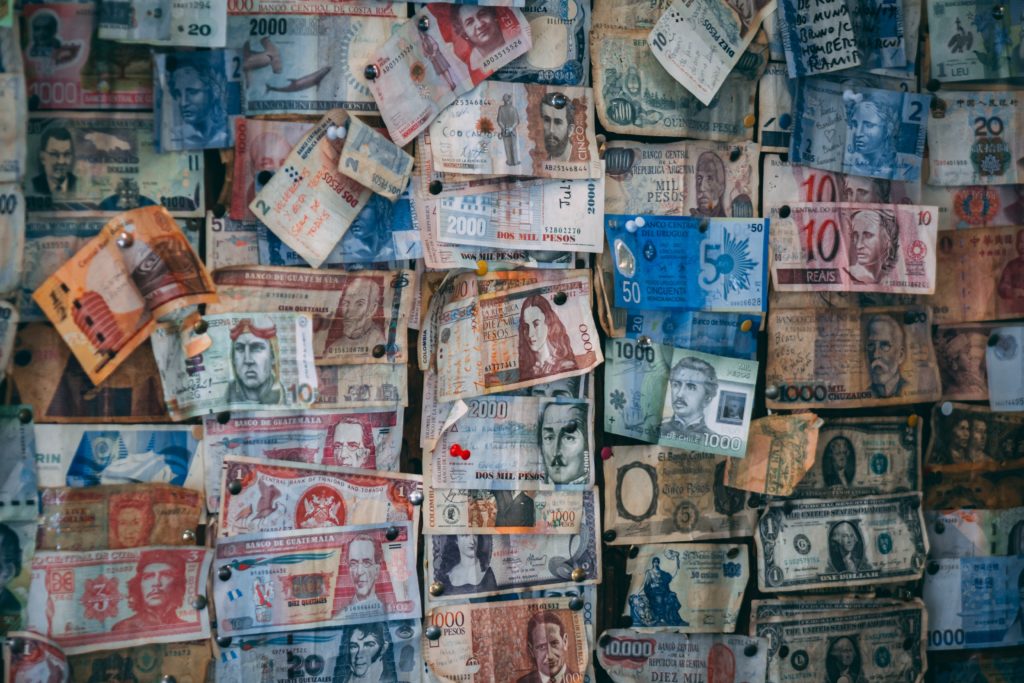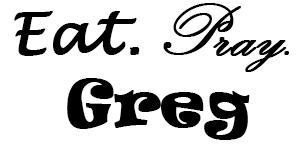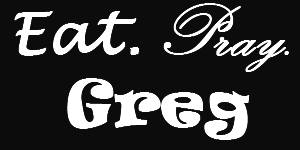
“Did you win the lottery?”
“Did you retire?”
“Are you working for the CIA?”
These are the responses I have gotten while in various parts of the world when the usual getting-to-know-you chitchat turns to, ‘What are you doing?” My tongue in cheek reply is, “Yes, I sold a kidney. No, it wasn’t mine.”
The key to long term travel is money, but not in the way people usually think. The central part is access to it. Just being real here, but my trip, everything included, transport, hotels, hostels, food, and excursions was about $20,000, half of which I was able to pay before I left through driving for Uber. The other half I put on credit cards, which I am paying off now that I am back. Were I to do it again, I would have opened a new credit card account with a no-interest-for-year teaser bonus. That way, if it is an airline miles card or a hotel chain, you can get them to do some of the heavy lifting. Depending on how long you are traveling, I would have a card for every two months, capped at four. That way, you can spread around your purchases. If you have a cashback card, just let it accrue in your account to help with things you might need when you return. Also, do yourself a favor and get an app on your phone with currency conversions and get an idea of what things cost where you are going. The following is a nifty chart showing an economics term called purchasing power parity in action.
Now, I know $20,000 sounds like a lot, but if you were to break down every purchase you made this year: rent, food, transport, fun, how much would that be? Probably more. If you do not mind foregoing some creature comforts while you are at home, nor while abroad, then you most certainly can do this too. Believe me, when you have a goal like this, or any goal, with a defined, concrete finish line, the world will move with you in pursuit of it.
Getting good at mental money math is very important, especially when you are trying to work out what things cost in dollars in your head with a vendor is pushing you to buy in a language you do not understand. $1 was worth about 23,000 ₫. And 1,189 ₩. And 3.79 zł. Usually, I would chop off the zeros, change around the decimal point, then I would have a pretty good idea of what something cost. Familiarize yourself, especially with what the currencies look like as most store owners will not correct you if you accidentally hand them a 20,000 note when it should have been 2,000.
As far as cold hard cash went before I left, I took the cash tips that I got from Ubering and took them to the bank and got the crispest $1 bills they had. I learned that going to developing countries, especially current or former Communist ones, you need to have unblemished bills, or they will not be accepted. When I ran out of the cash I brought, I would usually take out about $40 worth of cash when I got to the airport or bus station. That way, I could cover taxis in case I could not get an Uber, as well as being able to handle street food and markets as most places outdoors usually do not accept credit cards. The ATMs typically spit out large denomination bills, which people might get pissed when you try to break, but hey, money is money. Afterward, try to get rid of your foreign coins first before moving to the paper as a lot of change houses in airports do not take them when you are swapping for currency. If they don’t take them, hey, souvenirs. I have a massive jar of all the coins I could not change.
Keep in mind that the fastest growing crime in the world is identity theft. Due to this, I knew I would need two debit card accounts at two different banks before I left. Sadly, I was proven correct. Someone put a skimmer on an ATM and sold my info on the dark web while abroad. My bank closed the card and had to mail me a new one. Since I was traveling from one country to another, then another, I needed to time it so I would get the card in the third country. I was able to transfer some money into my second debit card account and was able to take out the money in the second country. Had I not thought ahead, I would have been in considerable trouble.
In conclusion, I adopted one piece of advice from a fellow traveler. She was from Canada, between jobs, and having a last hurrah before the cycle of wake, work, sleep would have her again. Every time she wanted a meal, an experience, or just a treat, instead of forgoing it out of fear of a lack of money or increase of debt, she just said it would be a problem for her future self. We all experience FOMO or Fear Of Missing Out. It is only heightened because when traveling as I did, you only have so much time in a single place. So, I took her piece of advice. If there is something I wanted to do, I did it, like island hopping along the Adriatic coast.
Conversely, if I didn’t want to do something, like eating out every night, I didn’t. With this mindset, I made easily solvable problems for future Greg, which is now present Greg. And honestly, I do not mind paying my bills one little bit.

